In a significant geopolitical development, Iran, Russia, and China have solidified their alliance, driven by a common stance against the United States' foreign policies. This burgeoning partnership is underpinned by robust economic ties and a shared aspiration to establish a multilateral global order free from American dominance.
The trio, traditionally at odds with each other, have found common ground amidst their adversarial relationship with the Western superpower. Iranian President Ebrahim Raisi, Russian President Vladimir Putin, and Chinese President Xi Jinping, all subjects of US sanctions, have been fostering closer ties, evident in their frequent interactions and diplomatic exchanges.
Despite historical tensions and rivalries, recent shifts in US policies have brought Iran, Russia, and China closer together. The unilateral withdrawal of the US from the Iran nuclear deal by the Trump administration, followed by subsequent re-impositions of sanctions by the Biden administration, has pushed Iran into the arms of its Eurasian allies.
Similarly, Russia's annexation of Crimea in 2014 prompted Western sanctions, further isolating Moscow and prompting it to seek closer ties with Beijing and Tehran. China, facing its own challenges in its trade war with the US, has found strategic partners in Iran and Russia to counter American influence.
The economic dimension of this alliance is particularly noteworthy, with the trio bolstering trade and investment ties. China's Belt and Road Initiative (BRI) has provided a platform for enhanced connectivity and economic cooperation, with Iran and Russia benefiting from infrastructure projects and investment opportunities.
Furthermore, the recent announcement of a 'strategic partnership' between Iran and China, valued at $40 trillion over 25 years, underscores the depth of their engagement. With Iran joining the BRICS group alongside Russia and China, the stage is set for increased collaboration across various domains.
The energy sector serves as a key pillar of cooperation, with China emerging as a major importer of oil and gas from Russia and Iran. China's significant purchases of Iranian and Russian hydrocarbons at discounted rates have provided a lifeline to both countries, especially amid Western sanctions.
In addition to economic ties, the alliance is also marked by defense cooperation, with Iran supplying military equipment to Russia and deepening security ties. Meanwhile, China has been expanding its defense partnership with both Iran and Russia, signaling a convergence of interests in regional security.
While the Iran-Russia-China alliance poses a challenge to US hegemony, its long-term implications remain uncertain. The trio's aspirations for a multipolar world order and alternative trade mechanisms pose a direct challenge to the existing Western-dominated system.
As Iran, Russia, and China deepen their ties, the ramifications for global geopolitics are profound. The emergence of a powerful anti-Western axis could reshape the geopolitical landscape and alter the dynamics of international relations in the years to come.



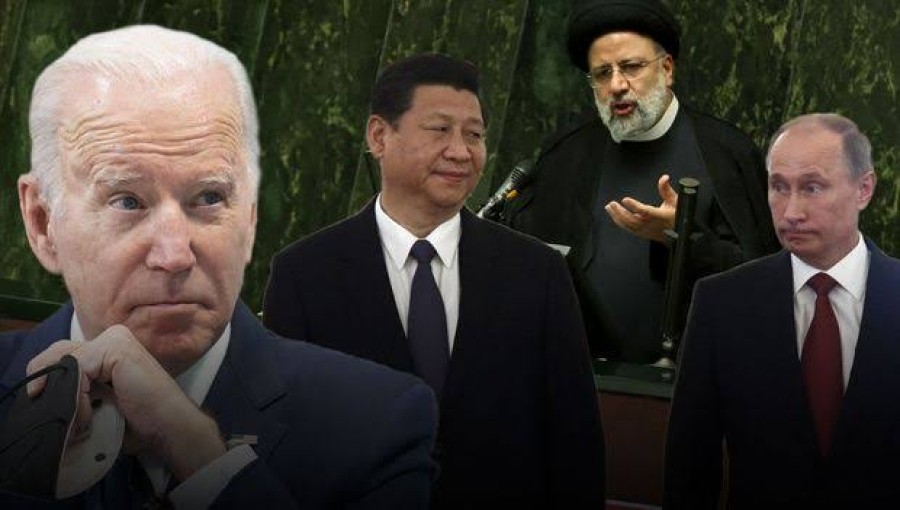
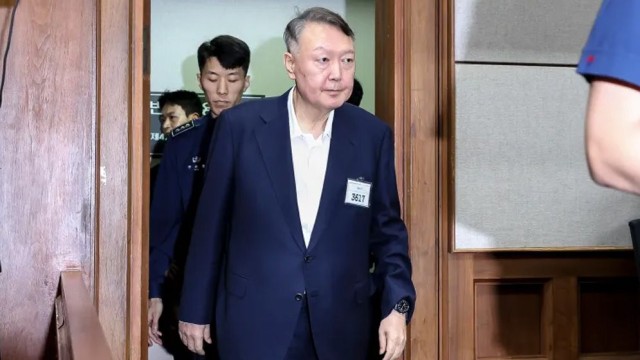



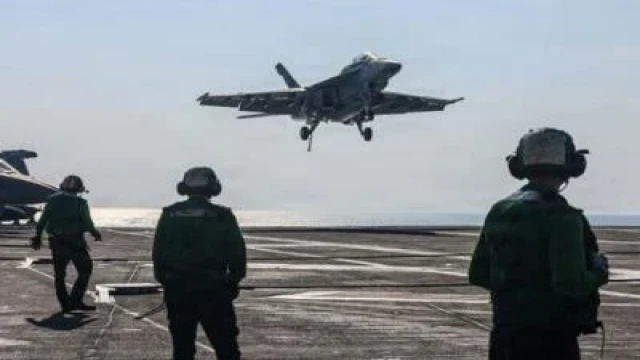
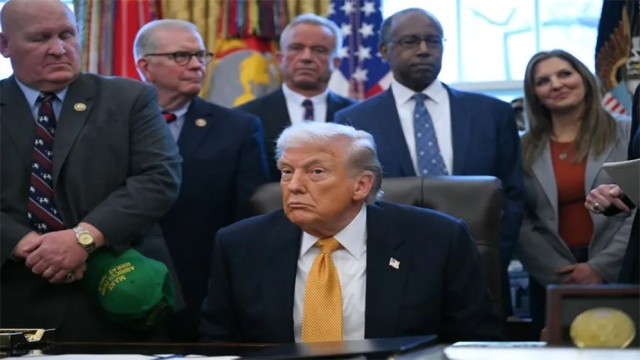
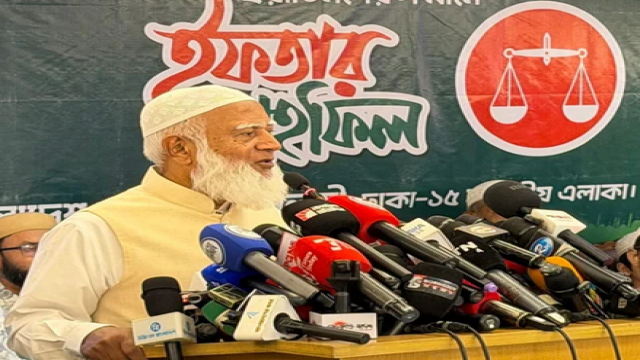
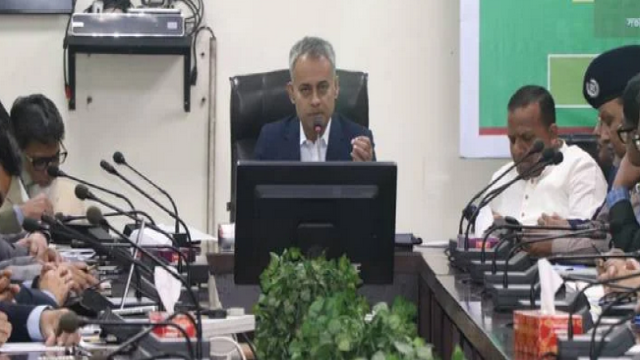




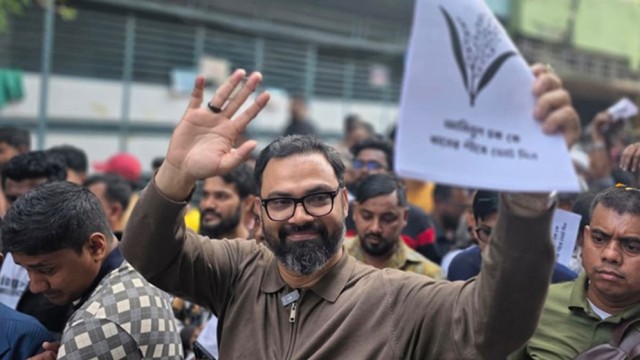

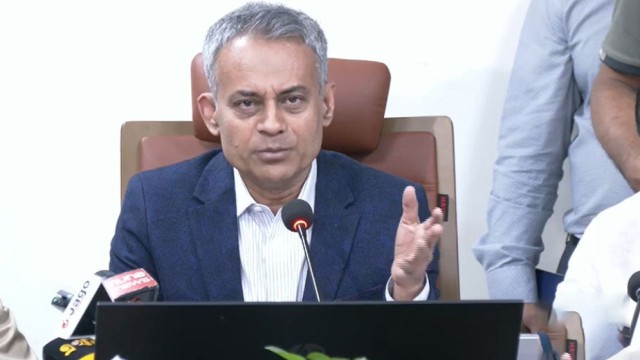











Comment: